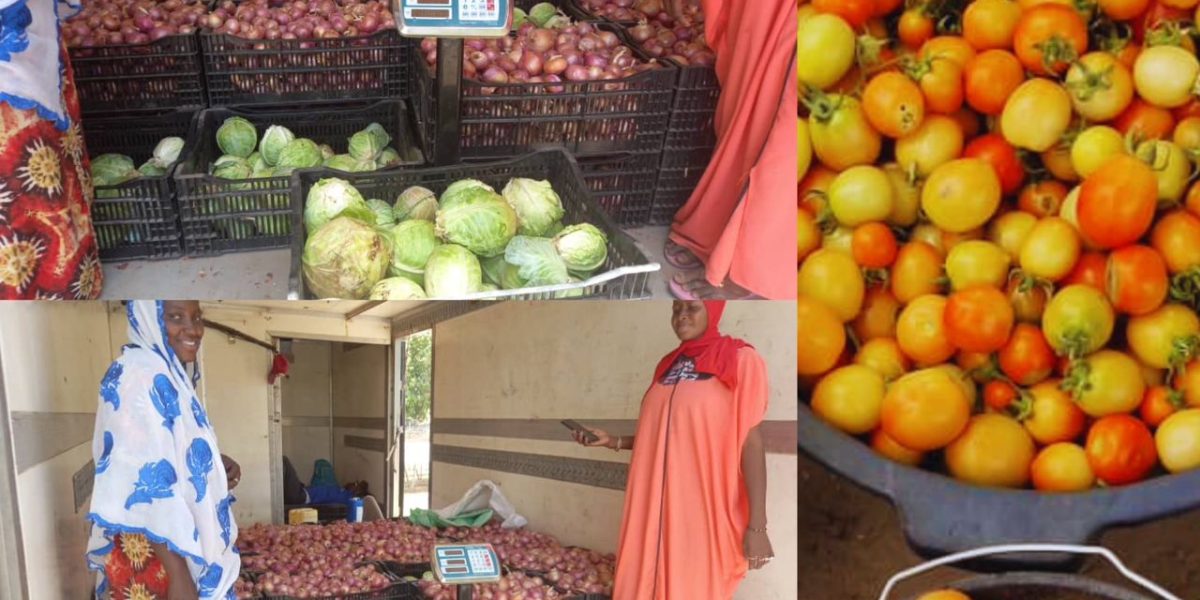Introduction
Agriculture is a crucial sector in The Gambia, providing livelihoods for a significant portion of the population and playing a key role in the country’s economy. To address the challenges faced by the agricultural sector, various projects have been launched to improve productivity, enhance food security, and promote sustainability. Among these initiatives, the Resilience of Organizations for Transformative Smallholder Agriculture Project (ROOTS) stands out for its comprehensive approach and significant impact. This blog explores the top agricultural projects in The Gambia, with a special focus on the ROOTS initiative.
The ROOTS Project: Transforming Agriculture in The Gambia
Launched by His Excellency President Adama Barrow on February 9, 2021, the ROOTS project aims to improve food security, nutrition, and the resilience of smallholder farmers to climate change in The Gambia. The project focuses on increasing agricultural productivity and access to markets, thereby enhancing food security and nutrition and building resilience among family farms and farming organizations.
Key Objectives of ROOTS:
- Improving Food Security and Nutrition
- The ROOTS project works to ensure that smallholder farmers produce enough food to meet their needs and improve their nutrition. This is achieved through the introduction of high-yield crop varieties, better farming practices, and support for kitchen gardens.
- Enhancing Climate Resilience
- ROOTS focuses on building the resilience of farmers to climate change by promoting sustainable agricultural practices, improving water management, and providing training on climate-smart agriculture.
- Increasing Access to Markets
- By improving infrastructure and providing market linkages, ROOTS helps farmers sell their produce at better prices, thereby increasing their incomes and economic stability.
- Empowering Women and Youth
- The project places a strong emphasis on involving women and youth in agriculture, providing them with the training, resources, and support needed to succeed. This includes facilitating access to land, financing, and decision-making processes.
Other Notable Agricultural Projects in The Gambia
While ROOTS is a flagship project, several other initiatives also contribute significantly to the development of agriculture in The Gambia:
- National Agricultural Land and Water Management Development Project (NEMA)
- NEMA focuses on improving land and water management to enhance agricultural productivity. The project supports the construction of irrigation systems, soil conservation measures, and training for farmers on sustainable land use practices.
- Gambia Commercial Agriculture and Value Chain Management Project (GCAV)
- GCAV aims to promote commercial agriculture and improve the value chain for key agricultural commodities. The project supports farmers in adopting modern farming techniques, improving post-harvest handling, and accessing markets.
- Agricultural Transformation Programme (ATP)
- ATP focuses on transforming agriculture through the introduction of advanced technologies and practices. The project provides training on mechanized farming, improved seed varieties, and integrated pest management.
- FASDEP (Food and Agriculture Sector Development Project)
- FASDEP aims to enhance food security and reduce poverty through the development of the agricultural sector. The project supports smallholder farmers with inputs, training, and access to finance.
- Climate Change Adaptation Project
- This project aims to build the resilience of the agricultural sector to climate change by promoting climate-smart agricultural practices, improving water management, and supporting farmers with climate information services.
Benefits of Agricultural Projects
The various agricultural projects in The Gambia, including ROOTS, bring numerous benefits:
- Improved Productivity
- By introducing modern farming techniques and high-yield crop varieties, these projects help increase agricultural productivity.
- Enhanced Food Security
- Projects like ROOTS work to ensure that farmers can produce enough food to meet their needs and improve their nutrition.
- Economic Growth
- By increasing access to markets and improving infrastructure, these projects help farmers sell their produce at better prices, boosting their incomes and contributing to economic growth.
- Sustainability
- Promoting sustainable agricultural practices and improving water management help build the resilience of farmers to climate change.
- Empowerment
- By involving women and youth in agriculture, these projects help empower marginalized groups and promote inclusive development.
Conclusion
Agricultural projects play a vital role in the development of The Gambia’s agricultural sector, addressing challenges and promoting sustainability. Among these initiatives, the ROOTS project stands out for its comprehensive approach and significant impact. By prioritizing food security, climate resilience, market access, and the empowerment of women and youth, ROOTS is transforming agriculture in The Gambia and building a brighter future for its farmers. As we continue to support and expand such projects, we can look forward to a more resilient, productive, and prosperous agricultural sector in The Gambia.


